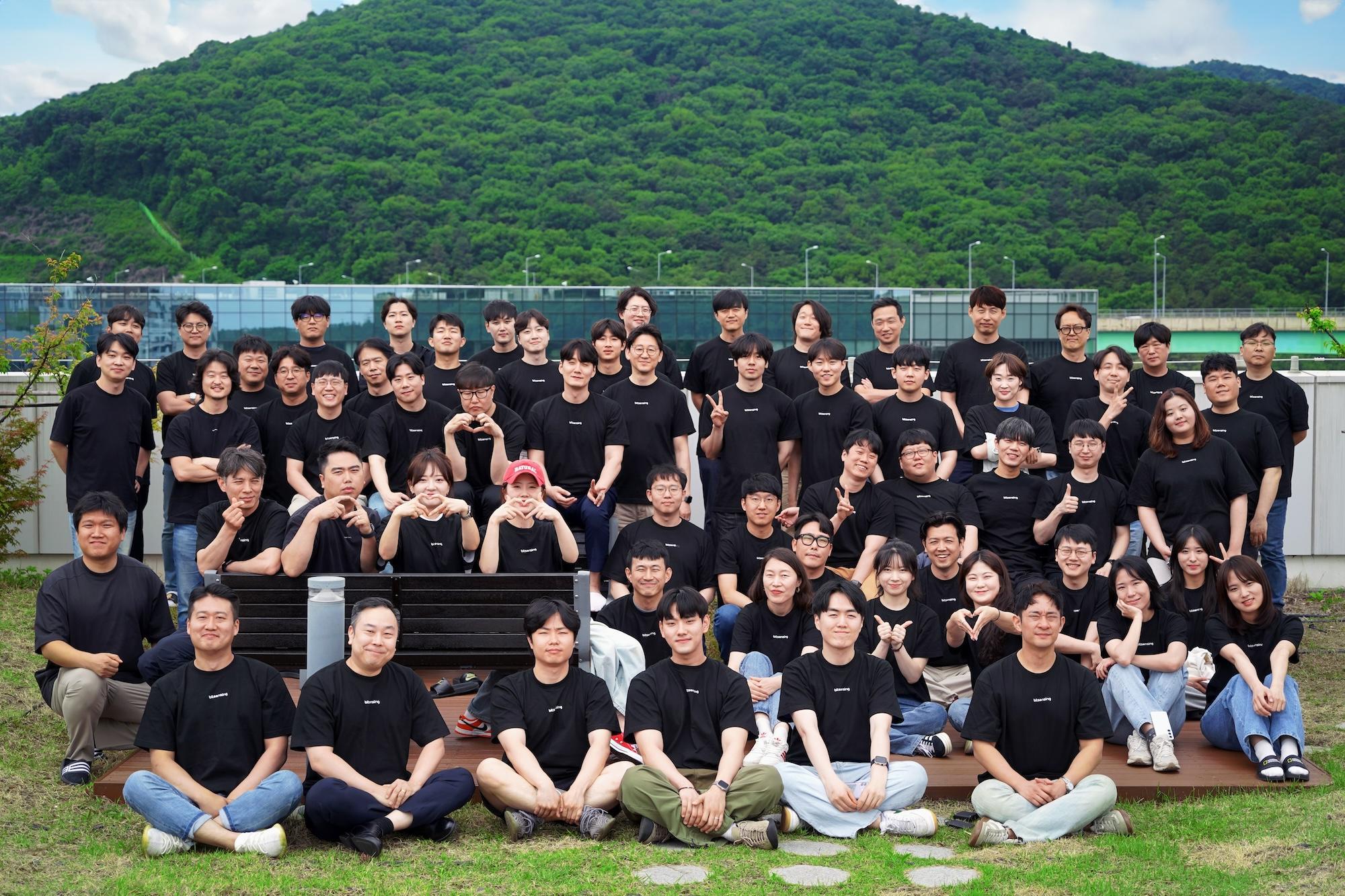The Korean National Assembly on Friday passed the controversial bill that will slap new regulations on TADA, a popular ride-hailing service, amid heated debate over whether to permit the facility. The Korean ride-hailing service, TADA, may have to shut down as the revision to the Passenger Transport Service Act will outlaw its services. This move is being seen as a big blow to the startup community in South Korea and the businesses that want to bring innovation to the transport sector.
On March 4, a South Korean parliamentary committee had approved the bill aimed at banning TADA. The National Assembly legislation and judiciary committee had passed a revision bill in February for the Passenger Transport Service Act, which restricts the outsourcing of drivers for the use of rental vans with 11-15 seats to tour purposes only. Under the revised bill, the cars must be rented out for a minimum of 6 hours, and the users are required to have boarding passes if vehicles are rented or returned at airports or seaports.
TADA — which means “to ride” in Korean — was launched in October 2018 and has become South Korea’s leading ride-offering service. But taxi drivers have fiercely protested against Tada, condemning it as an illegal call taxi service. The legislative move drew attention as a Seoul court ruled in favour of TADA as a legal rental car service on Feb. 19 in a landmark decision that will likely uphold the mobility platform industry.
Now with the bill passed by a plenary session, it will force the app-based TADA out of business. Value Creators & Company (VCNC), the startup that operates the TADA service, will be given a year and a half to exit the business or stay in the market with the option to acquire a taxi service platform license that will be introduced under the revised legislation. The revised bill stipulates that it will take effect a year after promulgation, with punishments suspended for six months.
TADA– that means “to ride” in Korean — was launched in October 2018. The service has become South Korea’s leading ride-offering service. It mostly operates in the Seoul metropolitan area, offering services for 11-seat vans instead of sedans. Lee Jae-woong, chief of SoCar, which owns VCNC, had condemned the approval of the bill on Wednesday, saying that the government and the National Assembly are “dead.”
“The government and the National Assembly that should stand by people’s side and look toward the future are now trying to shut down a service that helped mobility of some 1.7 million people. I’m sorry for users, our startup colleagues, and especially for our drivers whose livelihoods are now in great danger.”
– Lee Jae-woong, chief of SoCar,
Last month, a Seoul court had ruled that TADA was a legitimate rental car service and acquitted its executives of charges of violating the passenger transport service act. TADA caused a heated controversy in the nation. Taxi drivers claimed that TADA violated the transportation law that forbids rented vehicles from offering rides in exchange for money.
TADA had argued that its business is within legal boundaries based on a written exception that specifically allows rented vans — or vans with 11 to 15 seats — to be offered with drivers.






